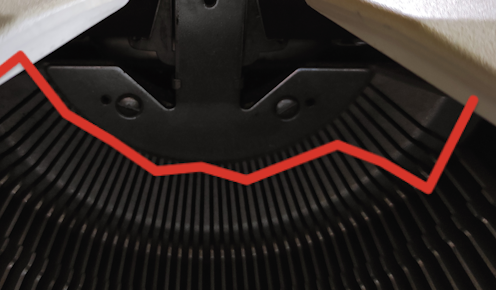Australia isn't experiencing the great resignation yet, but there has been an uptick
- Written by Martin Edwards, Associate Professor in Management and Business, The University of Queensland

The past year has been awash with suggestions countries such as Australia are experiencing a “great resignation” as workers previously loyal to their employers quit their jobs and look for others elsewhere.
Last year, newspaper articles aside, there was little evidence for this in Australia, although substantial evidence in the United States where the term came from.







